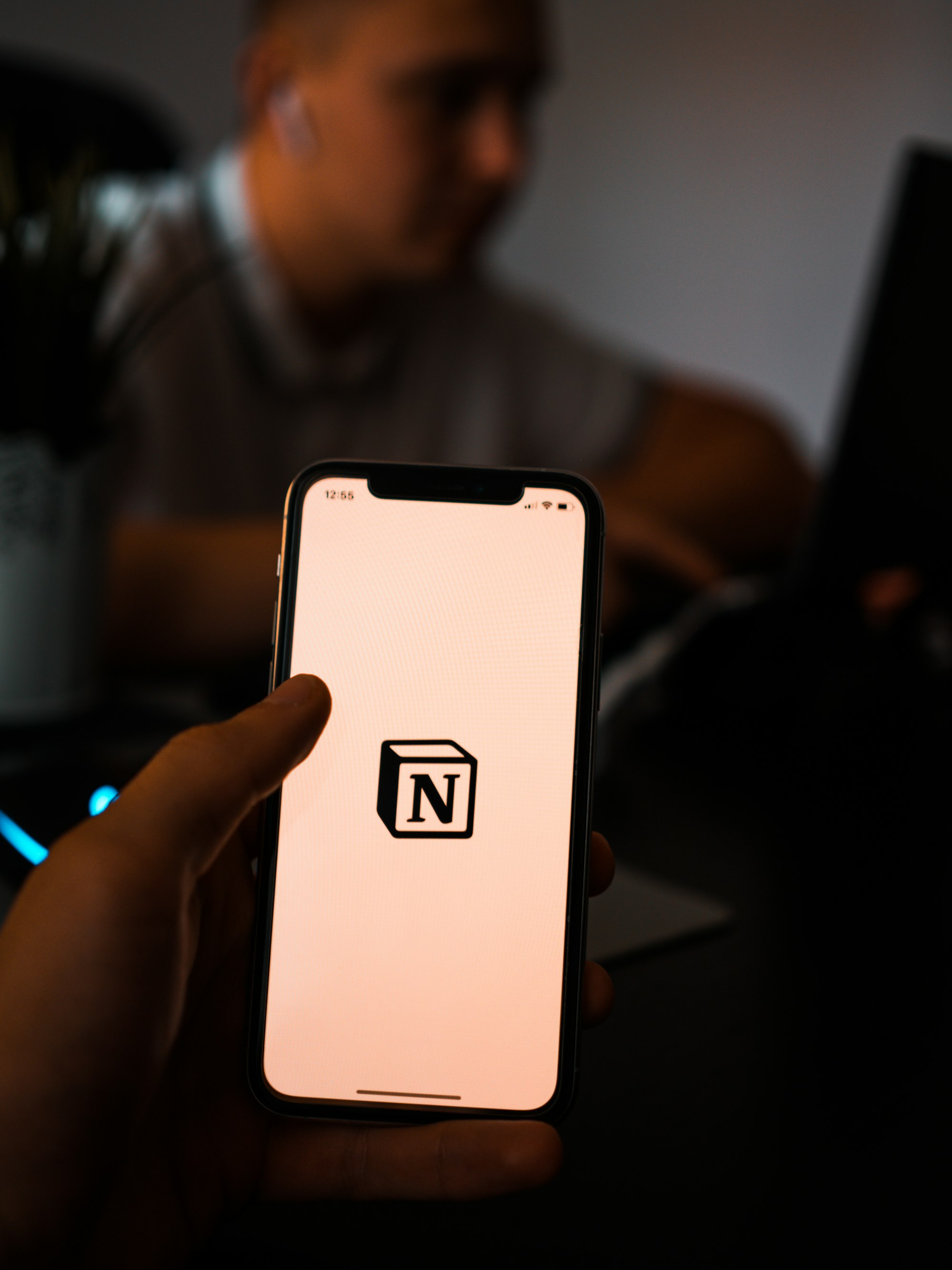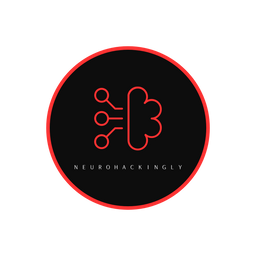🧪 The Theory and Evidence behind active Recall
Active recall is actively engaging and using cognitive effort to retrieve information to answer a question.
It improves the ability to recall information in the future and strengthens connections between information in our brains. A study from 2013 looked at hundreds of separate studies about different study techniques. It found that in contrast to highlighting, rereading, and passively taking notes, active recall is "high utility".
Active recall can be implemented effectively with minimal training.
🧠 The Benefits Of Using Active Recall
Active Recall has 2 benefits that are worth mentioning:
- it aids in highlighting one’s strengths and weaknesses, thus creating realistic insight into what to focus on
- it creates new synaptic connections between known and new information (stored in long-term memory)
✅ The 3 Active Recall Methods I Use
Generally, I want to point out that anything that is cognitively demanding is helpful.
Methods I use which incorporate active recall are writing out questions, flashcards, and drawing spider diagrams with the book closed.
❓ Questions
I write out questions for myself, using the toggle feature in Notion, to hide the answers. After answering a question, I color-code it for my next review.

💭 Flashcards
As a flashcard app, I use Anki.
It even has an algorithm built around active recall and spaced repetition. It learns as you progress through your revision.
It has to be used with caution. Individuals may not correctly interpret the outcome of the practice cards. By removing cards too early it can result in lower long-term retention (increased forgetting)
🕸 Spider Diagrams
Drawing out spider diagrams helps me with mental organization.
It prevents focusing on every detail and helps to not lose sight of the big picture. After doing a brain dump with the book closed, I add things I didn't remember with a different color.
This may sound simplistic but it helps me to get a broad overview of the subject.
Take a look at this post where I describe 4 study methods I found very helpful. This is the best book (link to post I wrote about it) I’ve ever read on understanding and mastering new information.
More Techniques on Active Recall
Try the 3-step learning technique called ABC-Brainwriting-Method developed by Vera Birkenbihl.
It is a creativity technique that uses active recall to reflect on the content you have consumed at the end of the day.
🌐 Resources on How to study using active recall
https://psycnet.apa.org/doiLanding?doi=10.1037%2Fa0015183
https://www.science.org/doi/10.1126/science.1152408
https://www.sciencedirect.com/science/article/abs/pii/S0749596X06001367
The Youtuber, Ali Abdaal has a great summary on active recall and how to integrate this technique into your life.

